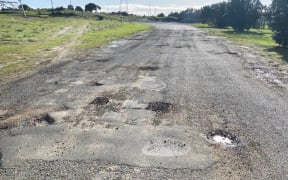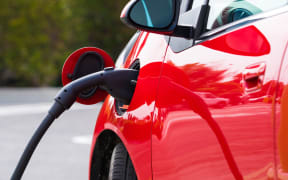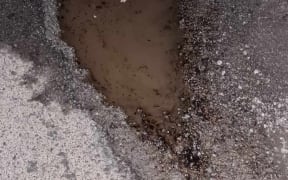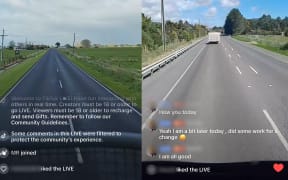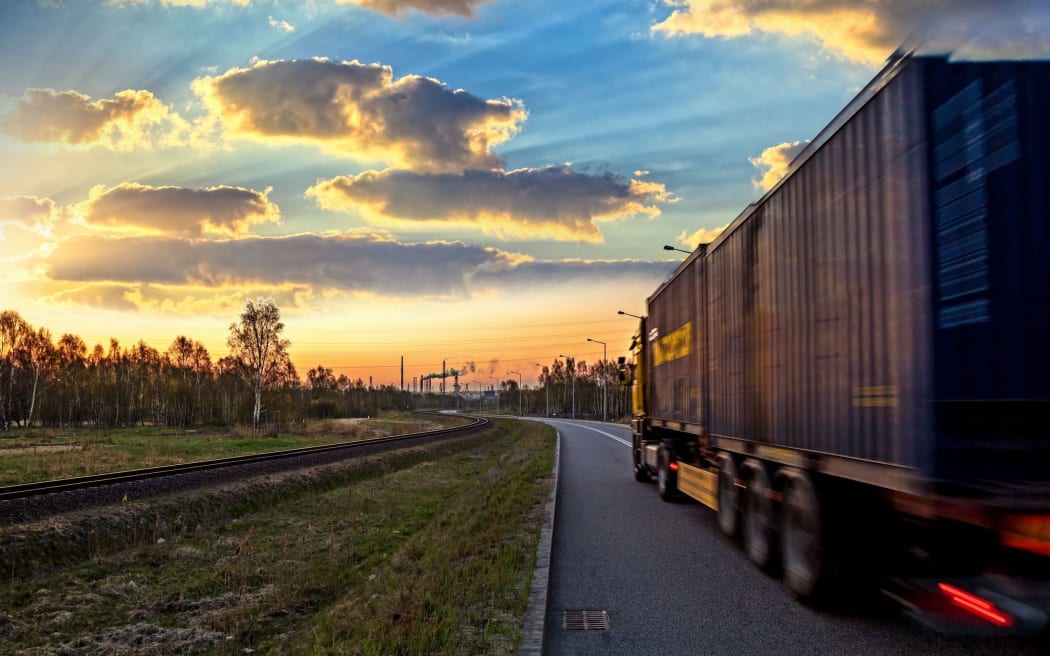
There is an "unprecedented" rise in the number of heavy vehicles on the country's major highways, a briefing paper for the government says. File pic Photo:
Trucks are pounding the country's state highways like never before.
A briefing to the incoming transport minister released today said the increase in travel demand especially from heavy vehicles was "unprecedented".
It went on to describe a funding gulf where the need for overall transport investment will likely be double the static $5 billion to $6b of revenue in coming years.
One solution envisaged was congestion charging.
"The current funding situation sees much of the planned future investment currently under or unfunded," the briefing, called a BIM, said.
This is one of a number of briefings to incoming ministers released on Thursday. Read more:
- Read the briefing to the climate minister here
- Read the education briefing
- Read the briefing to the foreign affairs minister
- Read the briefing from the National Emergency Management Agency
- Read the briefing from police
"How the transport system is funded in a way that delivers what the country needs, is an imminent challenge that needs to be addressed."
Transport Minister Simeon Brown inherits the "challenge", along with 306 current capital projects worth $20b.
The briefing showed forecast expenditure rising from about $8b to more like $13b in two years, and staying about $10b a year for a decade - but that revenue is forecast to be stuck.
No lasting, extensive fix was in sight for new or existing roads.
The ever-present chorus of critics lambasting authorities over the state of roads has grown markedly more vociferous lately - with SH1 north of Taupō labelled a "laughing stock".
The new briefing said maintenance funding was being outpaced as the road network gets larger but also older, as storms get worse and by "the volume of heavier and longer trucks".
It showed a wide gap between how much road surface fixing was needed, and how much was being done, reaching its nadir in 2015/16 and remaining too low, even as costs inexorably rise.
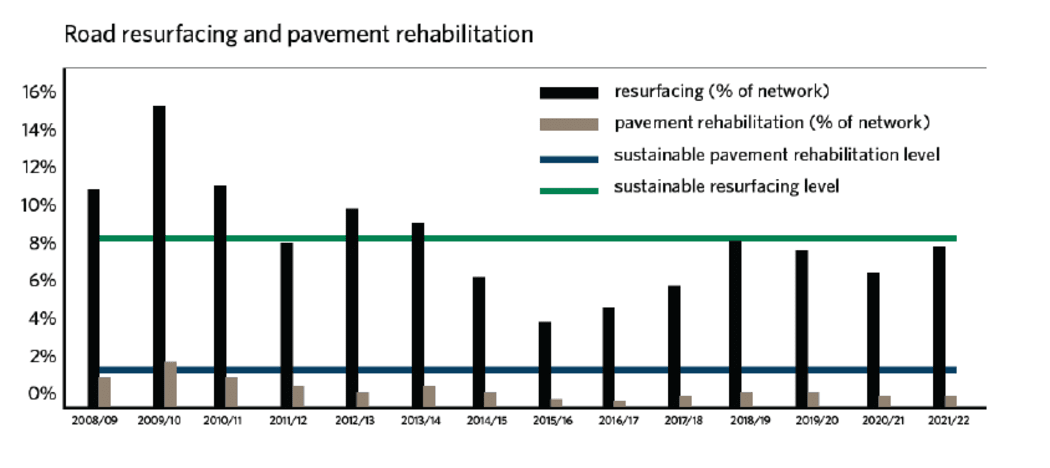
Photo: Waka Kotahi
The agency needed a plan by 2027 to resolve the shortfall in the national land transport fund, while at the same time implementing different pricing "including congestion charging, electronic RUC [road user charges] system and in-vehicle technology solutions".
Road user charges are being expanded to cover electric and plug-in hybrid vehicles from 1 April.
In the briefing Waka Kotahi also said it wanted an assurance the Crown would underwrite the debt liabilities in its transport plans if it could not secure extra revenue by 2027.
